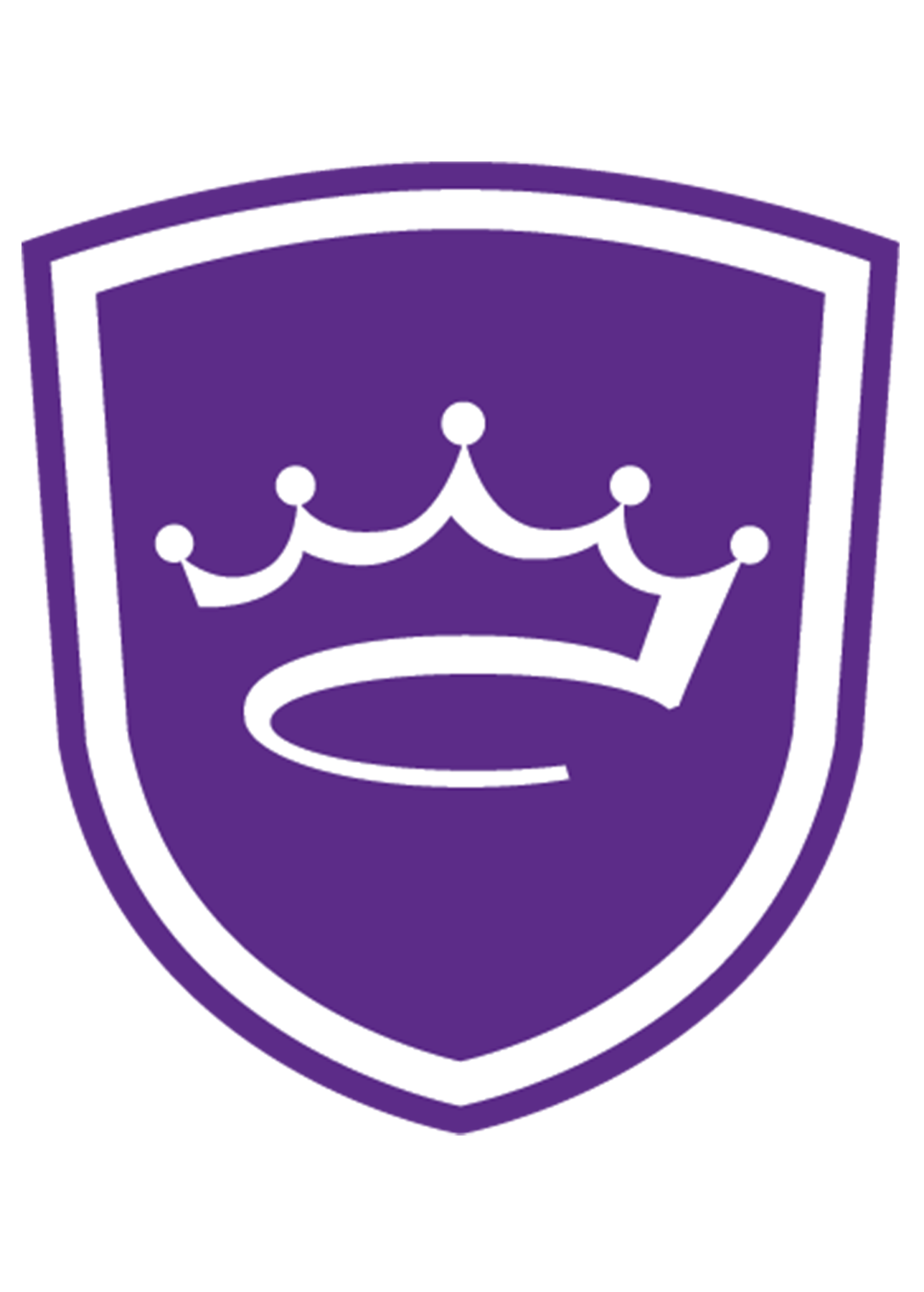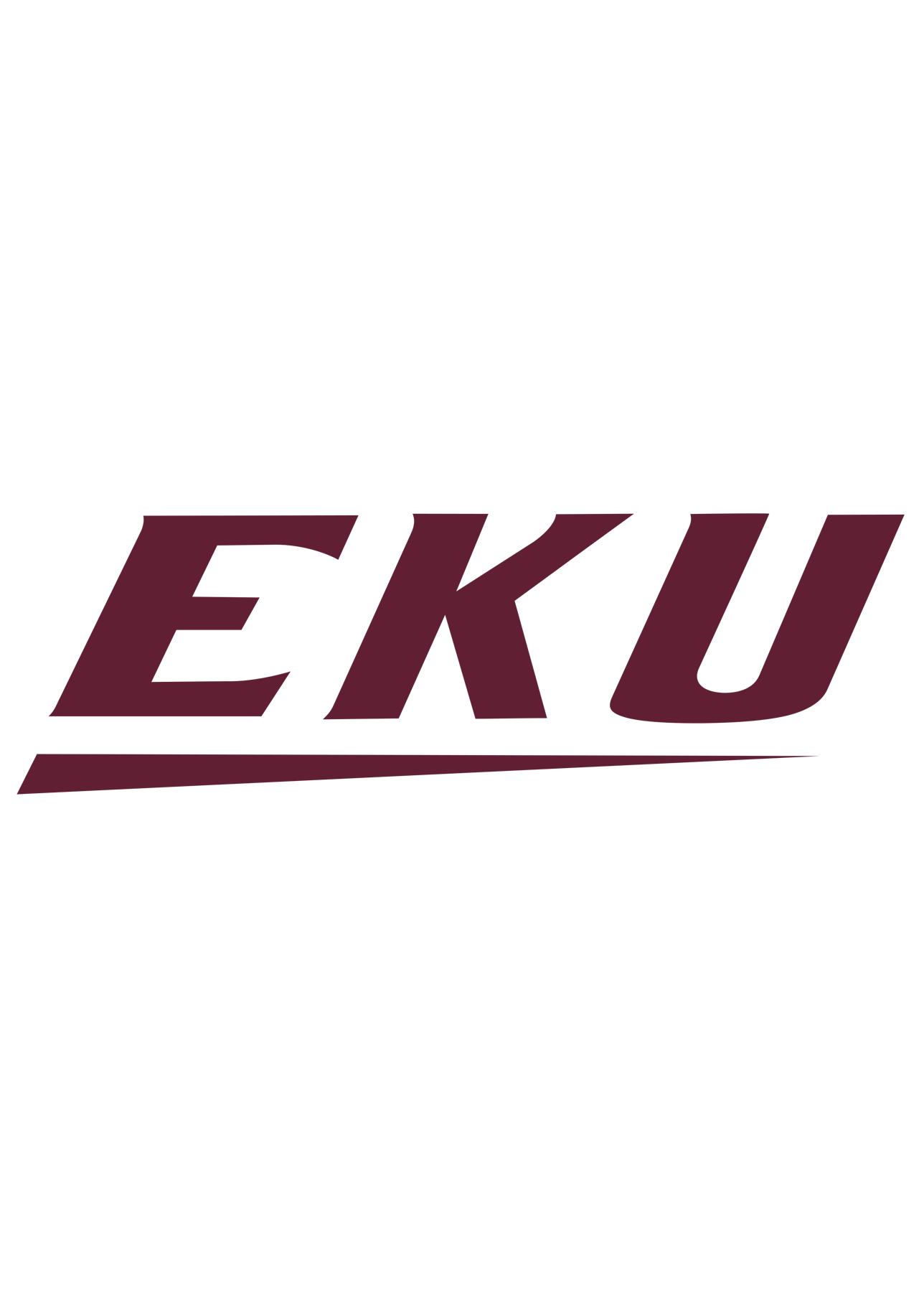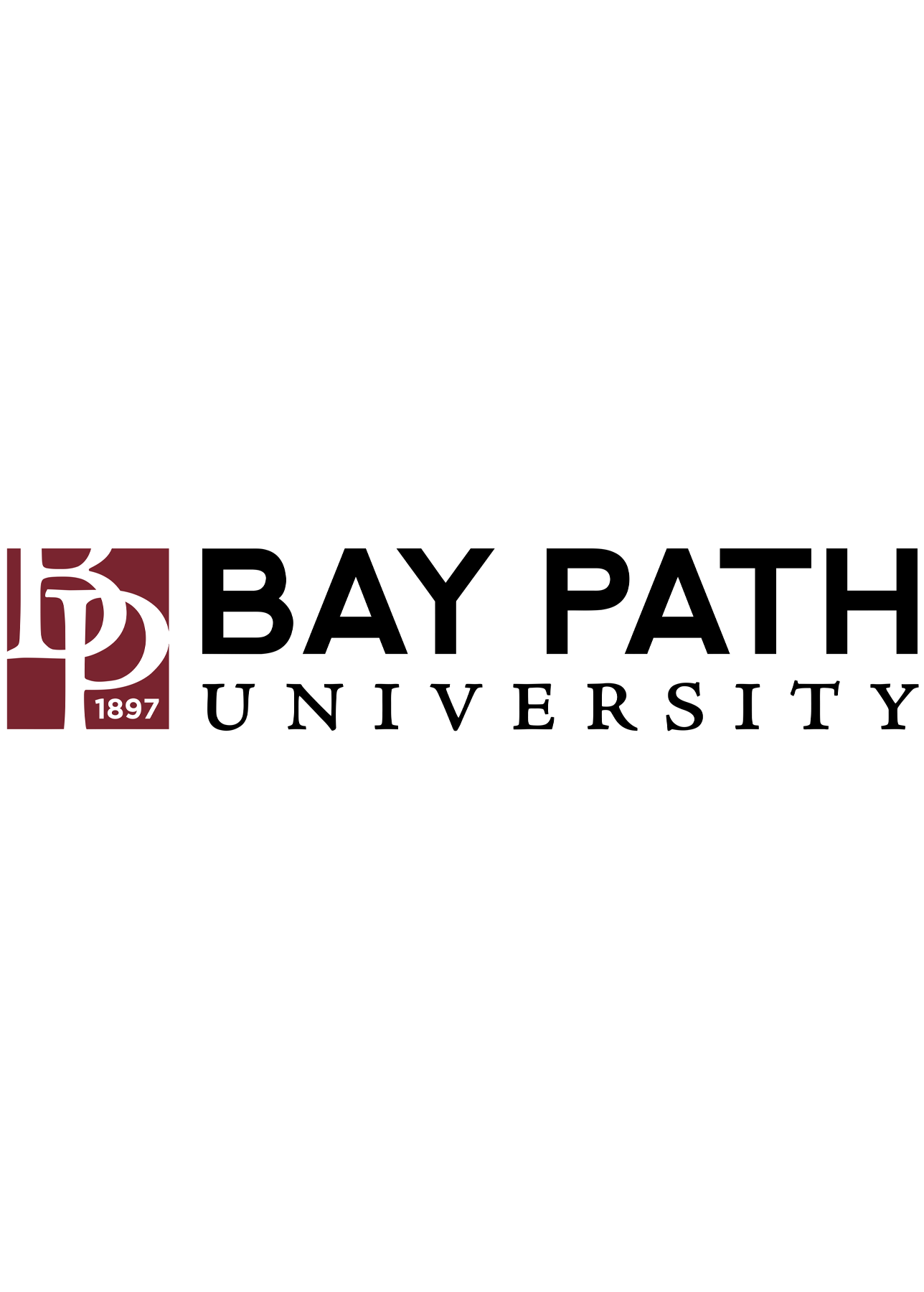Substance abuse counselors play a pivotal role in society by assisting individuals battling addiction, guiding them toward recovery, and fostering healthier lifestyles. Their expertise and empathetic approach are essential in addressing a growing public health concern.
Online substance abuse counseling programs are tailored to equip students with the necessary knowledge, therapeutic techniques, and practical skills for effective counseling. The average tuition for an undergraduate program is $14,688 per year, and most students can complete their bachelor’s degree in four years with full-time study.
While the median salary for substance abuse counselors is $53,710, pursuing advanced education can significantly elevate earning potential — with the top 10% earning upwards of $89,920 annually. Furthermore, with an anticipated 18% increase in demand over the next decade, these programs promise rewarding careers and address a pressing societal need.
Why Trust Us
The Intelligent.com Higher Education Team is dedicated to providing students with independent, equitable school and program rankings and well-researched resources. Our expert-driven articles cover topics related to online colleges and programs, paying for school, and career outlooks. We use data from the U.S. Department of Education’s College Scorecard, the National Center for Education Statistics, and other reputable educational and professional organizations. Our academic advisory team reviews content and verifies accuracy throughout the year for the most current information. Partnerships do not influence rankings or editorial decisions.
- Analyzed over 2,000 national, accredited, and nonprofit colleges and universities
- 800+ rankings pages are reviewed and updated yearly
- Content is informed by reputable sources, surveys, and interviews with academic advisors and other experts
- Over 100 data points are reviewed for accuracy and quality throughout the year, including sources
How we rank schools
Our list features the best online Substance Abuse Counseling degree programs at top colleges nationwide. Each school featured is a nonprofit, accredited institution — either public or private — with a high standard of academic quality for post-secondary institutions.
We evaluated each school’s program on tuition costs, admission, retention and graduation rates, faculty, reputation, and the student resources provided for online students. We collected data from trusted sources like the National Center for Education Statistics, individual school and program websites, school admissions counselors, and other data sources. Then, we calculated the Intelligent Score on a scale of 0 to 100 based on the following criterion:
Academic Quality:
- Admission rate versus enrollment rate
- Retention rate of students who return after year one
- Accreditation status (regional and programmatic)
- Nonprofit status, both private and public institutions
Graduation Rate
- Overall graduation rate
- Total number of currently enrolled students, including diversity metrics
- Student-to-faculty ratio
Cost and ROI
- In-state and out-of-state per-credit tuition rates and fees
- Required credits to graduate
- Earning potential after graduation
- Availability of federal student loans, scholarships, and other financial aid options
Student Resources
- Available student services for online-only and hybrid programs
- On-campus amenities like tutoring centers and the number of libraries
Read more about our ranking methodology.
Best 12 Accredited Online Substance Abuse Counseling Programs
FiltersInstitution Type
Status
- Intelligent Score
- Alphabetically By University Name
- Acceptance Rate
- Enrollment
- In-state Graduate Tuition
- Out-of-state Graduate Tuition
- In-state Undergraduate Tuition
- Out-of-state Undergraduate Tuition

University of Cincinnati
Intelligent Score: 99.97In-state: $9,723
Out-of-state: $25,057
In-state: $13,224
Out-of-state: $13,224
SAT: 1120-1330
ACT: 23-29
Resident: $496
Non-Resident: $511
Online
Higher Learning Commission
120

Indiana Wesleyan University
Intelligent Score: 99.52In-state: $28,184
Out-of-state: $28,184
In-state: $13,512
Out-of-state: $13,512
SAT: 1010-1200
ACT: 21-27
$398
Online
Higher Learning Commission
120

Liberty University
Intelligent Score: 98.62In-state: $14,791
Out-of-state: $14,791
In-state: $7,935
Out-of-state: $7,935
SAT: 1040-1250
ACT: 21-29
$390
Online
Southern Association of Colleges and Schools Commission on Colleges
120

University of South Dakota
Intelligent Score: 97.39In-state: $7,697
Out-of-state: $11,172
In-state: $6,062
Out-of-state: $6,062
SAT: 1000-1245
ACT: 20-25
$354
Online, On-Campus
National Addiction Studies Accreditation Commission
120

Arizona State University
Intelligent Score: 96.05In-state: $10,710
Out-of-state: $28,800
In-state: $11,720
Out-of-state: $11,720
SAT: 1100-1320
ACT: 21-28
$563
Online
Higher Learning Commission
120

City Vision University
Intelligent Score: 95In-state: $12,568
Out-of-state: $12,568
In-state: $16,056
Out-of-state: $16,056
SAT: Not Required
ACT: Not Required
$266
Online
Distance Education Accrediting Commission
120

Alvernia University
Intelligent Score: 94.35In-state: $36,680
Out-of-state: $36,680
In-state: $15,210
Out-of-state: $15,210
SAT: N/A
ACT: N/A
$640
Online
Middle States Commission on Higher Education
123

Crown College
Intelligent Score: 94.08In-state: $27,270
Out-of-state: $27,270
In-state: $9,990
Out-of-state: $9,990
SAT: 960-1150
ACT: 18-23
$455
Online
Higher Learning Commission
125

Eastern Kentucky University
Intelligent Score: 92.39In-state: $9,266
Out-of-state: $19,338
In-state: $9,900
Out-of-state: $9,900
SAT: 950-1170
ACT: 19-25
$434
Online
Southern Association of Colleges and Schools Commission on Colleges
120

Ohio Christian University
Intelligent Score: 90.75In-state: $14,400
Out-of-state: $14,400
In-state: $8,922
Out-of-state: $8,922
SAT: N/A
ACT: N/A
$425
Online, On-Campus
Higher Learning Commission
120

Midwestern State University
Intelligent Score: 90.15In-state: $5,708
Out-of-state: $7,658
In-state: $4,145
Out-of-state: $4,145
SAT: 910-1100
ACT: 16-22
Resident: $195
Non-Resident: $615
Online
Southern Association of Colleges and Schools Commission on Colleges
120

Bay Path University
Intelligent Score: 88.79In-state: $35,781
Out-of-state: $35,781
In-state: $19,235
Out-of-state: $19,235
SAT: 940-1170
ACT: 23-31
$410
Online
New England Commission of Higher Education
120
How to Choose an Online Substance Abuse Counseling Program
Choose your area of study
While substance abuse counseling is niche, some programs may provide concentrations or specializations to help you align your studies with specific career goals. These may include areas like adolescent addiction, family therapy, co-occurring disorders, or prevention specialist training. Programs that don’t offer specializations may provide relevant coursework tailored to your interests, making it essential to identify this interest early to know what to look for when it comes time for research.
Research schools and programs
Once you’ve decided on a specialization, you can research schools and programs to help you meet your career goals.
You should only apply to institutions that have been approved by a DOE-recognized regional accrediting organization, such as the New England Commission of Higher Education or Northwest Commission on Colleges and Universities. These organizations evaluate schools to ensure they provide students with a high-quality education. Those who attend a school that isn’t regionally accredited may be unable to access financial aid or transfer credits to another institution if needed.
Assess faculty credentials, checking their expertise and ability to provide quality instruction. Also, evaluate the scheduling options, weighing the pros and cons of part-time versus full-time study to align with your personal and professional commitments effectively.
To learn more about any schools that you’re interested in, you can visit the school’s website, contact an admissions counselor, follow the school on social media, or attend an in-person or virtual open house.
Prepare for tests and applications
Application requirements vary by school and program. Begin by gathering official transcripts from previous institutions and securing strong letters of recommendation. Dedicate ample time to writing a compelling personal statement illustrating your passion and suitability for the field.
Additionally, familiarize yourself with each institution’s standardized test policies — while many schools have moved to test-optional policies, others still require SAT or ACT scores. Consider enrolling in a test prep program to boost your performance. And you should always contact an admissions counselor to ensure you have the most accurate information regarding requirements and deadlines.
Select your program
Before making your final decision, review your needs and goals again. Do you plan to attend school full-time or part-time? Do you want your program to be as online as possible, or are you fine with a hybrid program that has a fair amount of in-person requirements? Some programs offer asynchronous courses, which can be completed at your own pace, while others only offer synchronous courses, which involve remotely attending lectures and completing assignments at the same time as other students — which of these two online learning formats do you prefer? Your school should accommodate your scheduling needs and learning preferences.
Determine how you’ll pay for your degree
Speak to financial aid counselors at the schools you’re interested in for the most accurate and specific information about program cost. Financing your education can feel like a substantial undertaking, but with strategic preparation, you can pay for your degree without a high debt burden.
Submit the Free Application for Federal Student Aid (FAFSA) to determine your eligibility for federal grants and loans. You should also look for scholarship opportunities from the school you attend, professional organizations, and other sources.
Work-study programs can help students earn money while gaining valuable experience on campus. For students currently employed, ask if your employer offers a tuition reimbursement program, which can significantly offset educational costs.
What Can You Expect From an Online Substance Abuse Counseling Program?
Substance abuse counseling programs prepare students for successful careers with foundational knowledge and skills to address addiction and its complexities. At the undergraduate level, programs examine the psychology of addiction, therapeutic interventions, ethical considerations, and practical counseling techniques. Students can anticipate coursework covering substance abuse pharmacology, counseling theories, group dynamics, and cultural competency. Some programs may require the completion of a supervised practicum, which provides hands-on training in real-world settings.
While an undergraduate degree offers essential insights, aspiring counselors should note that the field predominantly requires a graduate-level education for licensure. Therefore, many students progress to earn a master’s degree in counseling or a related discipline, positioning themselves for advanced clinical roles and licensure eligibility.
Potential courses you’ll take in an online substance abuse counseling program
- Psychopharmacology and Addiction: This course explores the study of drugs and their effects on the brain and behavior. Students gain insights into how different substances interact with the nervous system, leading to addiction.
- Counseling Techniques and Interventions: Students learn various therapeutic approaches tailored to substance abuse populations. Techniques include motivational interviewing, cognitive-behavioral strategies, and relapse prevention methods.
- Ethics and Legal Issues in Addiction Counseling: This course examines the ethical dilemmas and legal considerations specific to substance abuse counseling. Students learn about confidentiality, client rights, mandated reporting, and navigating complex ethical scenarios.
- Family Dynamics and Addiction: Focusing on the systemic impact of addiction, this course explores how substance abuse affects families and relationships. Students study family therapy models, codependency issues, and interventions to heal family systems.
What Can I Do With an Online Substance Abuse Counseling Degree?
Career outlook
As a result of the ongoing opioid epidemic in the U.S., as well as the continued misuse of other substances like alcohol and prescription drugs, the demand for substance abuse counselors is expected to continue growing throughout the next decade. The Bureau of Labor Statistics (BLS) predicts that employment of substance abuse counselors will increase by 18% through 2032, much faster than the average for all jobs.
Substance abuse counselors find themselves employed in a variety of different settings, including inpatient and outpatient treatment and rehabilitation facilities, medical and psychiatric hospitals, correctional facilities, clinics, and more.
Earning a bachelor’s degree in substance abuse counseling also prepares students to pursue further education at the master’s level. This can open doors to additional job opportunities, especially in clinical roles like licensed therapist or social worker.
Some common career paths for those with a substance abuse counseling degree include:
- Substance abuse counselor — Evaluate clients’ mental and physical health, addiction, or problematic behavior and assess their readiness for treatment; develop treatment goals and plans; and assist clients in developing skills and behaviors necessary to recover from their addiction.
- Median annual salary: $53,710
- Projected employment growth (through 2032): 18%
- New jobs projected: 42,000 per year
- Social and human service assistant — Help clients determine what kind of assistance they need, such as rehabilitation centers or support groups, and connect them with resources to aid in their treatment and recovery.
- Median annual salary: $41,410
- Projected employment growth (through 2032): 9%
- New jobs projected: 47,400 per year
- Social worker — Individuals with a master’s degree in social work can work as clinicians, helping individuals and families cope with and recover from addictions.
- Median annual salary: $58,380
- Projected employment growth (through 2032): 7%
- New jobs projected: 63,800 per year
Online Substance Abuse Counseling Degree Frequently Asked Questions
How do I apply to an online substance abuse counseling degree program?
To apply to an online substance abuse counseling degree program, start by researching accredited institutions offering this program online. Typically, you’ll need to submit an application form, official transcripts from previous education, and possibly letters of recommendation. Many programs also require a personal statement outlining your interest in the field and career goals.
Before applying, it’s crucial to consult with an admissions counselor from your chosen program. They can provide specific guidance on requirements, application deadlines, and prerequisites.
How much does an online substance abuse counseling degree cost?
According to the National Center for Education Statistics, the average annual cost of college tuition is $14,688 for undergraduate programs and $20,513 for graduate programs. Beyond tuition, online students will likely encounter additional expenses such as distance learning fees, library access fees, and course materials and textbooks.
How long does it take to earn an online substance abuse counseling degree?
On average, full-time undergraduate students typically complete their program in about four years. Those pursuing a graduate degree can meet degree requirements in two years or less. However, the flexibility of online learning can influence these timelines.
Many students opt for part-time enrollment to accommodate work or other commitments, potentially extending the duration of their studies. Additionally, the total number of required credits plays a pivotal role in program length — generally, the more credits needed, the more time it’ll take to earn the degree.
Is an online substance abuse counseling degree worth it?
For individuals who want to help those suffering from addiction, earning a degree in substance abuse counseling is a key step toward being able to provide that assistance. Most substance abuse counselor jobs require, at minimum, a bachelor’s degree. These programs provide students with the training they need to work with vulnerable populations, including those struggling with substance misuse and their families.
Individuals who aspire to be clinicians will find that earning a bachelor’s degree is an essential step on their journey, as it qualifies them for further graduate study in counseling and social work.
When selecting an online substance abuse counseling degree program, students should consider the salary range for this field. The lowest 10% of earners make less than $36,700 annually, while the top 10% earn more than $89,920. Higher salaries are typically reserved for those who are more experienced or work in settings like hospitals.
Compare School Options
Related Degrees
- Behavioral Psychology
- Christian Counseling
- Human and Family Development
- Counseling
- Educational Psychology
- Psychology Program
- Organizational Psychology
- BCBA Master's Programs
- Psychology
- Addictions and Recovery

